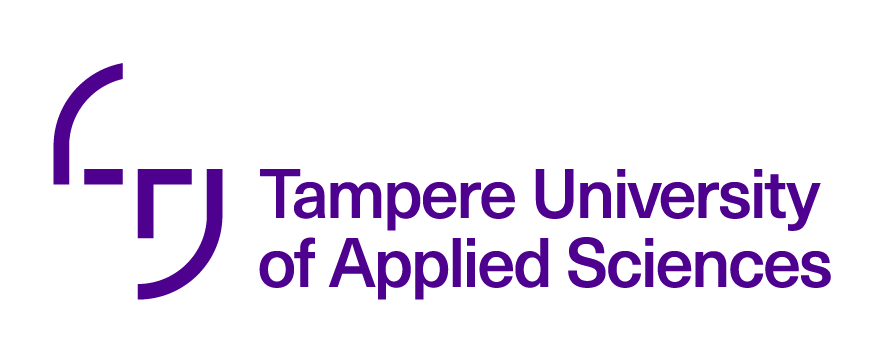Supervised Clinical Training: Simulation 1Laajuus (2 cr)
Code: 7Q00FA26
Credits
2 op
Objectives
The student
- is able to interact with people of different ages and in different situations
- is able to monitor and assess vital signs of patients of different ages
- is able to work in different teams
- is able to utilise evidence-based practice.
Content
- monitoring and evaluation of vital signs of patients of different ages
- working in acute situations
- resuscitation
- different interaction situations
- teamwork skills
- decision-making as part of professional activity
- medication and fluid therapy in patients of different ages
- working in life threatening situations
- competence in patient safety
Prerequisites
Participation in the theoretical studies and orientation to clinical training, which are based on clinical simulations. The simulations are carried out in the 4th and 5th semester
Assessment criteria, pass/fail
Pass
The student
- is able to plan and implement nursing care safely, independently and as a team member
- works professionally and ethically
Fail
The student
- puts patient safety at risk
Enrolment period
02.12.2022 - 15.01.2023
Timing
02.01.2023 - 03.02.2023
Credits
2 op
Mode of delivery
Contact teaching
Unit
Nursing
Campus
TAMK Main Campus
Teaching languages
- English
Degree programmes
- Bachelor's Degree Programme in Nursing
Teachers
- Anna Rinne
- Tuuli Uusitalo
- Johanna Kangaspunta
- Gitte Taulo
- Johanna Vilppola
- Tomi Salminen
- Minna Tiainen
Person in charge
Johanna Kangaspunta
Groups
-
20NURKEN
Objectives (course unit)
The student
- is able to interact with people of different ages and in different situations
- is able to monitor and assess vital signs of patients of different ages
- is able to work in different teams
- is able to utilise evidence-based practice.
Content (course unit)
- monitoring and evaluation of vital signs of patients of different ages
- working in acute situations
- resuscitation
- different interaction situations
- teamwork skills
- decision-making as part of professional activity
- medication and fluid therapy in patients of different ages
- working in life threatening situations
- competence in patient safety
Prerequisites (course unit)
Participation in the theoretical studies and orientation to clinical training, which are based on clinical simulations. The simulations are carried out in the 4th and 5th semester
Assessment criteria, pass/fail (course unit)
Pass
The student
- is able to plan and implement nursing care safely, independently and as a team member
- works professionally and ethically
Fail
The student
- puts patient safety at risk
Location and time
Spring 2023
Exam schedules
-
Assessment scale
Pass/Fail
Teaching methods
Simulations in Simulation and Skills center
Parts:
medical nursing
Surgical nursing
Paediatric nursing
Emergency nursing
Mental health and substance abuse nursing
Perioperative nursing
Learning materials
As in theoretical studies
Student workload
6 parts of simulations
100 % mandatory active participation
Completion alternatives
-
Practical training and working life cooperation
-
International connections
-
Further information
Goals:
The student
- is able to interact with people of different ages and in different situations
- is able to monitor and assess vital signs of patients of different ages
- is able to work in different teams
- is able to utilise evidence-based practice.
Content:
- monitoring and evaluation of vital signs of patients of different ages
- working in acute situations
- resuscitation
- different interaction situations
- teamwork skills
- decision-making as part of professional activity
- medication and fluid therapy in patients of different ages
- working in life threatening situations
- competence in patient safety
Assessment criteria - pass/fail (Not in use, Look at the Assessment criteria above)
Pass
The student
- is able to plan and implement nursing care safely, independently and as a team member
- works professionally and ethically
Fail
The student
- puts patient safety at risk
